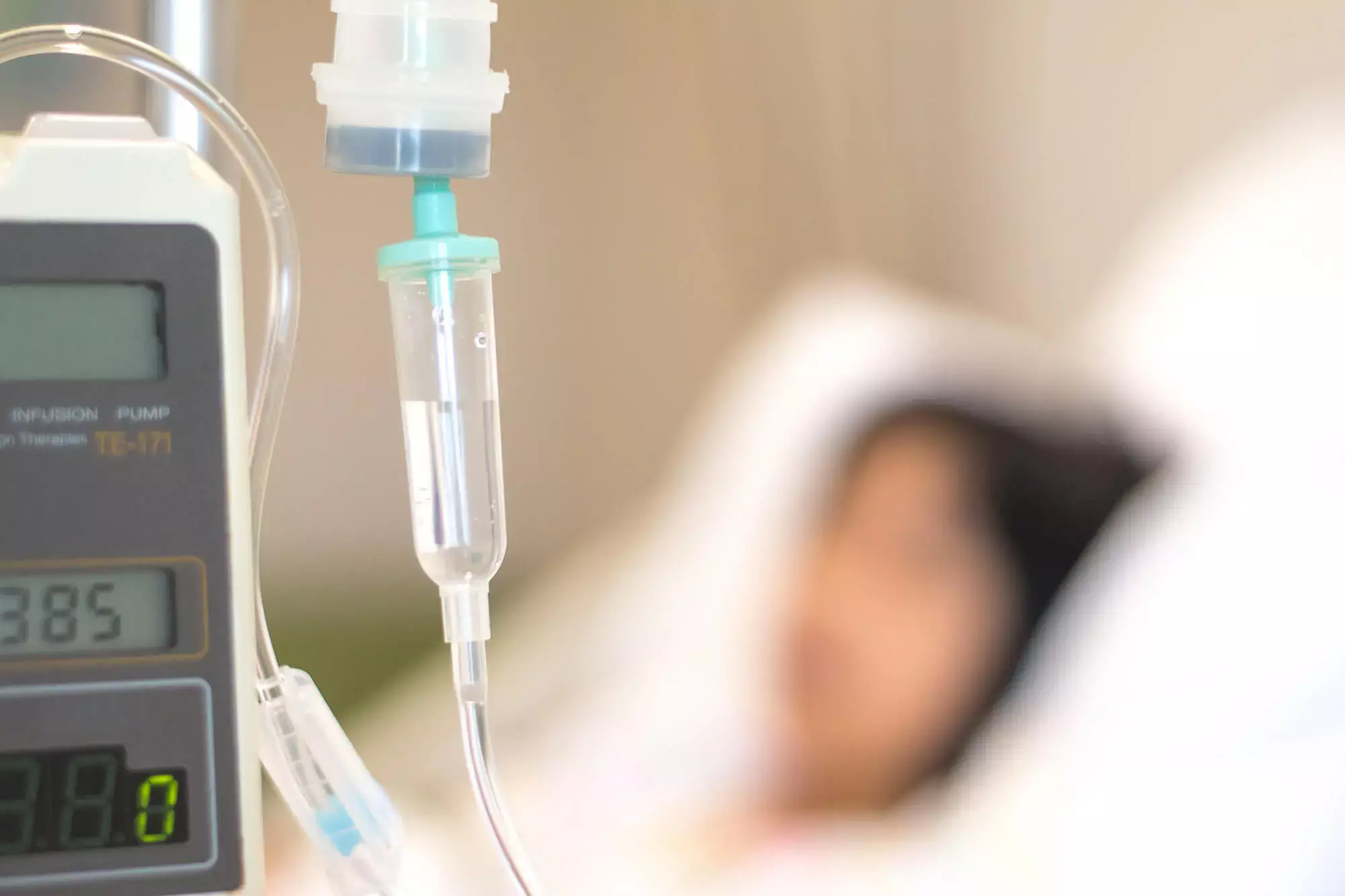- Home
- Medical news & Guidelines
- Anesthesiology
- Cardiology and CTVS
- Critical Care
- Dentistry
- Dermatology
- Diabetes and Endocrinology
- ENT
- Gastroenterology
- Medicine
- Nephrology
- Neurology
- Obstretics-Gynaecology
- Oncology
- Ophthalmology
- Orthopaedics
- Pediatrics-Neonatology
- Psychiatry
- Pulmonology
- Radiology
- Surgery
- Urology
- Laboratory Medicine
- Diet
- Nursing
- Paramedical
- Physiotherapy
- Health news
- Fact Check
- Bone Health Fact Check
- Brain Health Fact Check
- Cancer Related Fact Check
- Child Care Fact Check
- Dental and oral health fact check
- Diabetes and metabolic health fact check
- Diet and Nutrition Fact Check
- Eye and ENT Care Fact Check
- Fitness fact check
- Gut health fact check
- Heart health fact check
- Kidney health fact check
- Medical education fact check
- Men's health fact check
- Respiratory fact check
- Skin and hair care fact check
- Vaccine and Immunization fact check
- Women's health fact check
- AYUSH
- State News
- Andaman and Nicobar Islands
- Andhra Pradesh
- Arunachal Pradesh
- Assam
- Bihar
- Chandigarh
- Chattisgarh
- Dadra and Nagar Haveli
- Daman and Diu
- Delhi
- Goa
- Gujarat
- Haryana
- Himachal Pradesh
- Jammu & Kashmir
- Jharkhand
- Karnataka
- Kerala
- Ladakh
- Lakshadweep
- Madhya Pradesh
- Maharashtra
- Manipur
- Meghalaya
- Mizoram
- Nagaland
- Odisha
- Puducherry
- Punjab
- Rajasthan
- Sikkim
- Tamil Nadu
- Telangana
- Tripura
- Uttar Pradesh
- Uttrakhand
- West Bengal
- Medical Education
- Industry
Perioperative steroid therapy reduces complications in liver resection

A new study by Laila Jötten and team showed that after an elective liver resection, perioperative steroid treatment considerably lowers the overall complication rate without raising the risk of negative side effects. The findings of this study were published in BJS Open Journal.
By lowering the systemic inflammatory response, perioperative steroid treatment may enhance postoperative results in major abdominal surgery. In order to assess the effect of perioperative steroid treatment on outcomes following elective liver resection, researchers undertook this study.
Researchers extensively searched PubMed, Cochrane Library, and Web of Science for randomized clinical trials (RCTs) contrasting the use of perioperative steroids with placebo, standard of care, or no steroids in order to assess postoperative outcomes, particularly postoperative complications. The papers were evaluated rigorously and the data were retrieved by two independent reviewers. With mean differences (MDs) obtained for continuous outcomes and odds ratios (ORs) for dichotomous outcomes, meta-analyses were carried out using a random-effects model.
The key findings of this study were:
1. 930 patients from 10 RCTs were included.
2. Administration of perioperative steroids considerably decreased the risk of postoperative complications overall.
3. For specific issues, there were no obvious changes.
4. The total blood bilirubin, interleukin 6, and C-reactive protein were all favorably impacted postoperatively.
5. There were no indicators of a rise in probable steroid-induced adverse events, such as bleeding, thromboembolic events, or infectious complications.
According to the current meta-analysis, using perioperative steroids lessens overall complications following elective liver resections. The number needed to treat was 10 and there were no notable adverse side effects, therefore it may be routinely recommended for clinical practice based on evidence of moderate certainty as determined by the GRADE system. However, to validate the findings of the present research and to definitively determine the benefit of perioperative steroid administration in elective liver surgery, a multicenter confirmatory trial is necessary.
Reference:
Jötten, L., Steinkraus, K. C., Traub, B., Graf, S., Mihaljevic, A. L., Kornmann, M., Michalski, C. W., & Hüttner, F. J. (2022). Impact of perioperative steroid administration in patients undergoing elective liver resection: meta-analysis. In BJS Open (Vol. 6, Issue 6). Oxford University Press (OUP). https://doi.org/10.1093/bjsopen/zrac139
Neuroscience Masters graduate
Jacinthlyn Sylvia, a Neuroscience Master's graduate from Chennai has worked extensively in deciphering the neurobiology of cognition and motor control in aging. She also has spread-out exposure to Neurosurgery from her Bachelor’s. She is currently involved in active Neuro-Oncology research. She is an upcoming neuroscientist with a fiery passion for writing. Her news cover at Medical Dialogues feature recent discoveries and updates from the healthcare and biomedical research fields. She can be reached at editorial@medicaldialogues.in
Dr Kamal Kant Kohli-MBBS, DTCD- a chest specialist with more than 30 years of practice and a flair for writing clinical articles, Dr Kamal Kant Kohli joined Medical Dialogues as a Chief Editor of Medical News. Besides writing articles, as an editor, he proofreads and verifies all the medical content published on Medical Dialogues including those coming from journals, studies,medical conferences,guidelines etc. Email: drkohli@medicaldialogues.in. Contact no. 011-43720751


